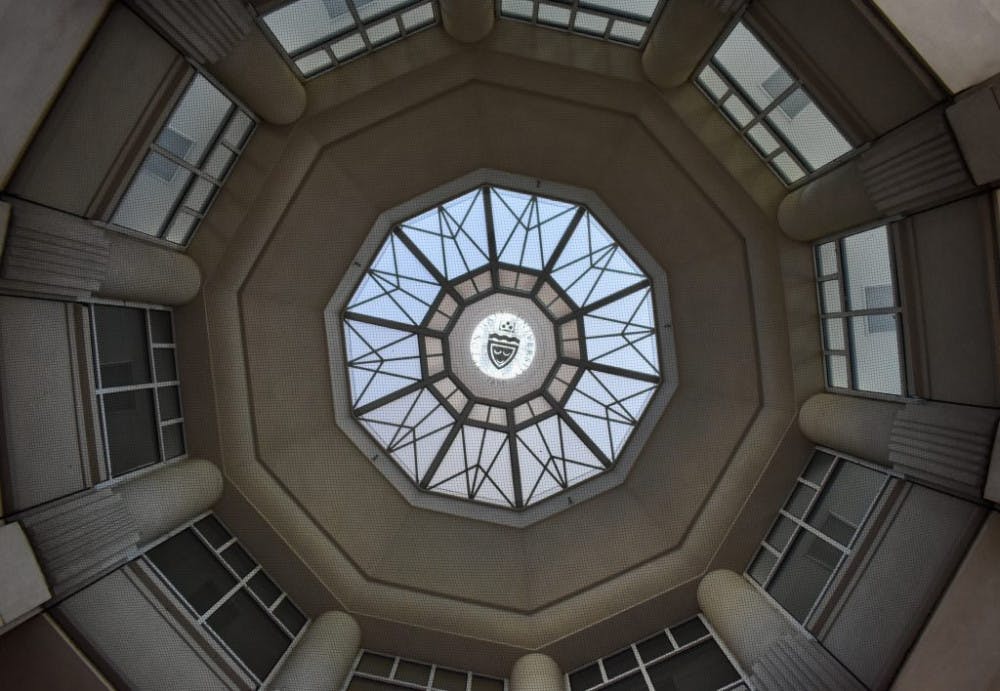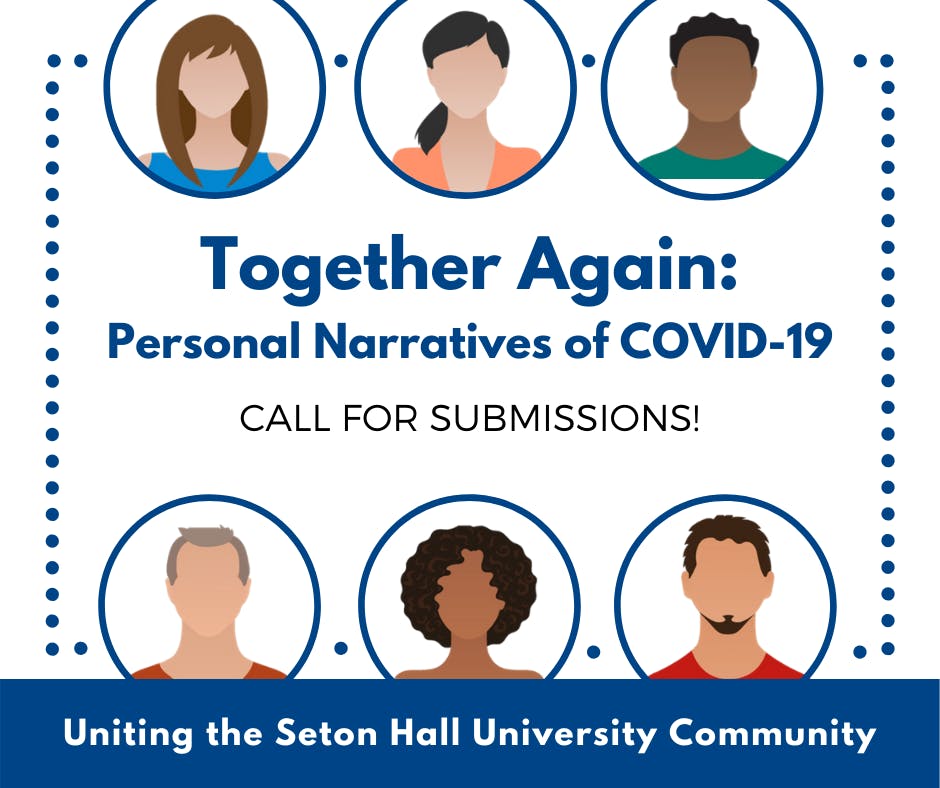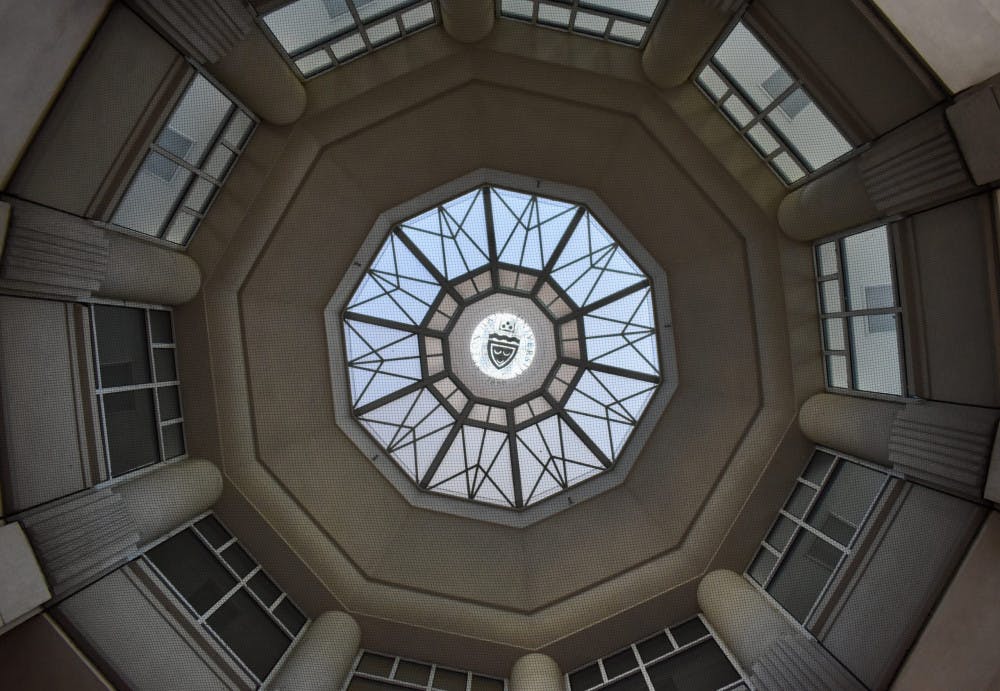COVID-19 Personal Narrative Project gives students opportunity to share stories
The Walsh Library is seeking stories of students’ experiences with the COVID-19 pandemic for an archival project.
According to its website, the COVID-19 Personal Narrative Project gives the Seton Hall community an opportunity to share stories explaining how their lives have been affected by the coronavirus pandemic. Students and faculty can submit a one-to-three-minute audio or video recording of themselves telling their individual narratives.

Sarah Ponichtera, Assistant Dean for Special Collections and the Gallery, said the Walsh Library archive team started talking about this project a few weeks after Seton Hall switched to remote learning. Due to the unprecedented nature of what is happening, she said they started thinking about how to properly record it.
“Our attention started going to how are we going to document this, as archivists that try to preserve history,” Ponichtera said. “This is clearly going to be a defining turning point in history, so how we are going to record our part in this moment.”
Angela Kariotis, a professor in the College of Communication and the Arts, worked with the Walsh Library archive team on this project and developed the prompts used to guide people in their submissions.
Kariotis talked about how she has utilized tools and strategies she uses in her classes to develop prompts that would help guide the submission without being too invasive or restrictive.
“Those questions, those prompts came out of what I use to prompt my students in class—they’re meant to be thoughtful,” Kariotis said. “They're meant to be elastic enough to help people get loose and lead them without being prescriptive, without telling them what the story needs to be about, without being invasive, really allowing them to be creative and free.”
Kariotis also said that everybody's experiences right now are different and storytelling is one of the best ways to tell how everyone is doing and what people need right now.
“Not everyone’s story is the same,” Kariotis said. “We’re in the same storm; we’re not in the same boat. The only way to find out what people need is by asking them, collecting stories. A blanket response thinking it will contribute or be of service to everyone is not equitable. Different people will need different things at different times. So, listening to stories is a way of taking inventory.”
Several students have already submitted their stories. Blake Harrsch, a freshman secondary education and English double major, was one of them.
“In the Honors Program, we trace the history of human civilization through written texts, analyzing both what it means to be human and how people have responded to the events of their time,” Harrsch said. “Participating in the Personal Narrative Project was our turn to contribute to this rich history and document our own thoughts and feelings in response to the coronavirus pandemic. Not only does this project further unite the Honors Program and Seton Hall Community, but exemplifies what the Honors Program stands for as a whole.”
The website is still open for submissions. Kariotis said she encourages students to submit and that anyone can submit to the project.

“We have to use art-making to contextualize our hope,” Kariotis said. “Storytelling is a form of art-making. It’s democratic—everybody can do it. You don’t have to be an artist to be artistic.”
There is not an official date yet on when submissions will close, however Ponichtera said it will probably be open for a while, even after life goes back to normal. She said many people, especially people like healthcare workers, are not ready to share their stories.
Ponichtera said she is happy to see how many people have participated so far and hopes these stories will help guide us in the future.
“I’ve been really heartened to see and hear the voices of people as they are submitting," Ponichtera said. "I’d like to get the message out that this is not just about sort of working through our own feelings at this moment, but it will hopefully guide us into the future.”
Genevieve Krupcheck can be reached at genevieve.krupcheck@student.shu.edu.





